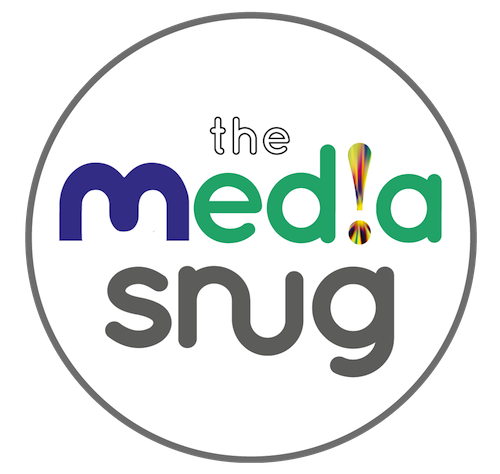Toy Industries of Europe wants the EU to do better when its comes to targeting dishonest toy traders which ignore safety rules.
With dishonest toy traders continuing to flout current EU safety rules, only reputable toymakers will bear the brunt of the stricter new Toy Safety Regulation.
The 2023 EU Safety Gate report which flags dangerous products sold in the EU, puts toys in second place behind cosmetics – 467 notifications were made about toys, down from 511 in 2022.
Again this year an overwhelming percentage – over 97% – of toy alerts concern traders which have no connection with reputable brands or reputable retailers. Toys from reliable manufacturers, the lion’s share of toys sold in the EU, are safe.
Toy Industries of Europe’s own analysis shows that dangerous levels of phthalates – a substance used to soften plastics – and the risk of choking from small parts are the recurring issues. This is due to non-compliance with long-standing EU rules.
“A new, even stricter, Toy Safety Regulation is incoming,” commented Catherine Van Reeth, director general at TIE. “Complying with the new rules is an extra investment that only reputable toy manufacturers will make. We are likely to end up with a situation where – thanks to unfair competition – sales of dishonest traders are actually given a boost by the new safety rules.”
TIE is calling for better targeting of dishonest traders which would include:
- Better enforcing of existing rules – market surveillance and customs authorities, with the resources they have, are helpless against the avalanche of products entering the market. Increasing their resources will make them much more effective. Those who wilfully break the rules must face prohibitive sanctions, otherwise ignoring EU rules will remain a lucrative business option.
- Making online marketplaces act more responsibly – often, the unsafe toys reach the EU consumer through third-party sellers on online marketplaces. In a recent exercise TIE bought 19 toys from online marketplace TEMU. None of the toys fully complied with EU legislation and 18 posed a real safety risk for children.
Online marketplaces should help to protect consumers by:
- Rapidly removing listings of products identified as dangerous
- Searching and removing duplicates of those products
- Properly notifying buyers
- Proactively screening sellers
- Banning sellers when necessary
The policymakers revising the EU toy safety rules should take the opportunity to close the loophole in EU rules. Currently, there is no party responsible for unsafe toys sold through online intermediaries when the seller is not based in the EU. The new Toy Safety Regulation could ensure that the sale’s facilitator is responsible.
























